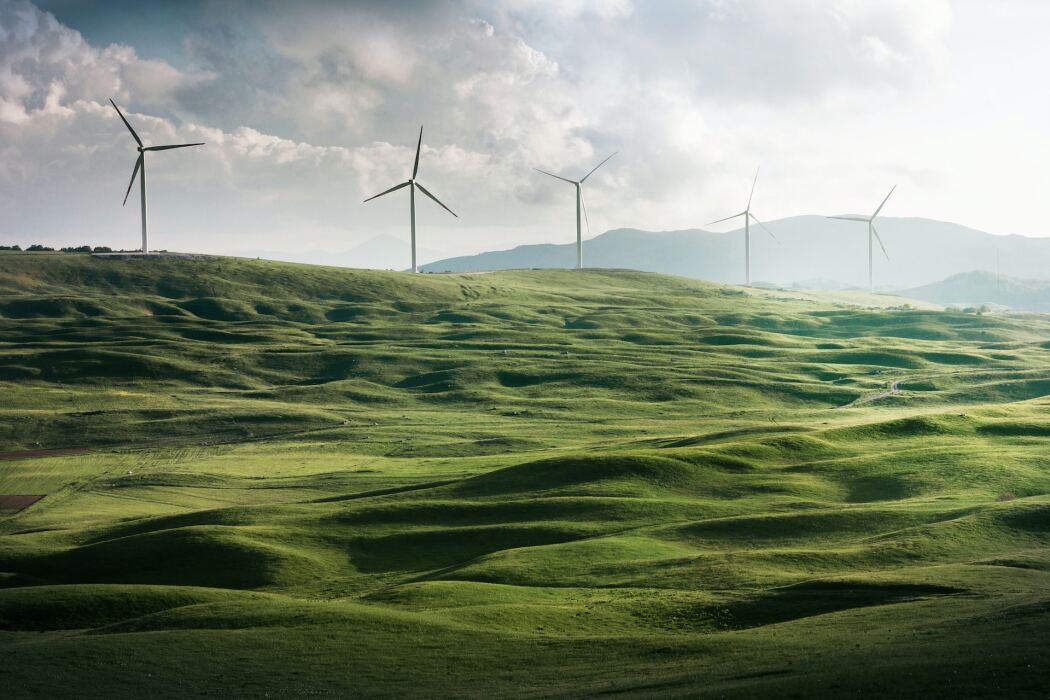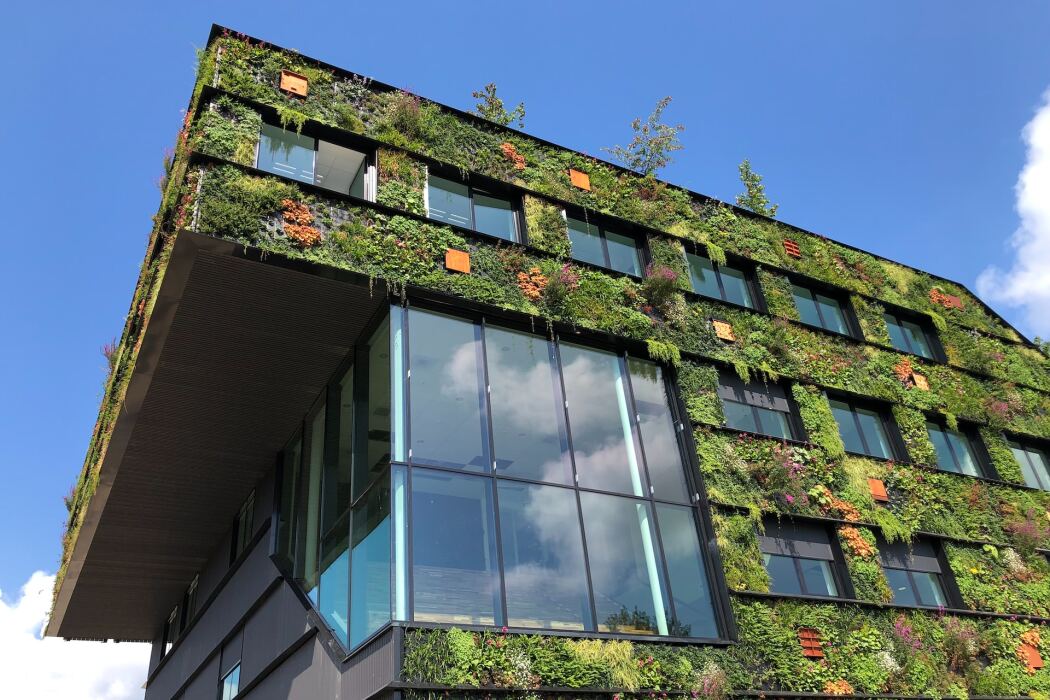Energy efficiency: the key to sustainable development
Sustainability16 Aug, 2023 — 6 min

Every March 5th, World Energy Efficiency Day is celebrated, a date that serves to highlight the current state of global energy issues, while allowing us to reflect on the use of energy and urging us to act accordingly.
In a highly interconnected world where globalization allows decisions to impact the entire planet, the adoption of joint action strategies that define more rational future energy scenarios is necessary. Under this prism, in 2015, more than 150 heads of state and government met to approve the 2030 Agenda for Sustainable Development. This Agenda contains 17 universally applicable goals that, since January 1st, 2016, guide the efforts of countries to achieve a sustainable world by 2030.
Energy is the main factor contributing to climate change and accounts for about 60% of all global greenhouse gas emissions. Thus, as part of the strategies defined to achieve these goals, energy efficiency is positioned as one of the key elements that can ensure global economic growth, while favoring the fight against climate change and, at the same time, promoting environmental protection.
Often the role that the development of renewable energies must play in the future is discussed, but erroneously less attention has been paid to how to analyze energy-consuming processes and how to impact these so that energy demand is lower.
The production of energy, and more specifically the strategic model followed to face a progressive decarbonization in electricity generation, will define the scenario that will allow fighting against climate change with greater or lesser intensity and the repercussions it may have globally.
But while we do not reach an energy model predominantly detached from the massive use of fossil fuels, the present involves analyzing and optimizing energy consumption performances in all sectors of society. This lies largely in the transformation of fossil resources used in current transport systems and moving towards their electrification.
Also, in the industrial sectors and domestic areas related to sustainable building, they must be capable of large-scale reconversion of energy uses in their facilities and spaces, optimizing the performance of electricity and thermal energy-demanding processes and progressively but continuously converting the use of electrical energy from renewable sources.
Taking as a basis the concept that the cleanest energy is the one that is not consumed, all those strategies and actions that result in lower energy consumption without interfering with the performance of processes and the quality of life of current societies, become basic elements for the achievement of a more universal sustainable development model, where access to energy is a right achieved by all societies without risking the future sustainability of the planet.
Related news
Alternative plans for earth hour blackout


The benefits of an energy audit in cities


Earth Hour


Sustainability as a lever for economic development


Grup Carles obtains Carbon Footprint seal
